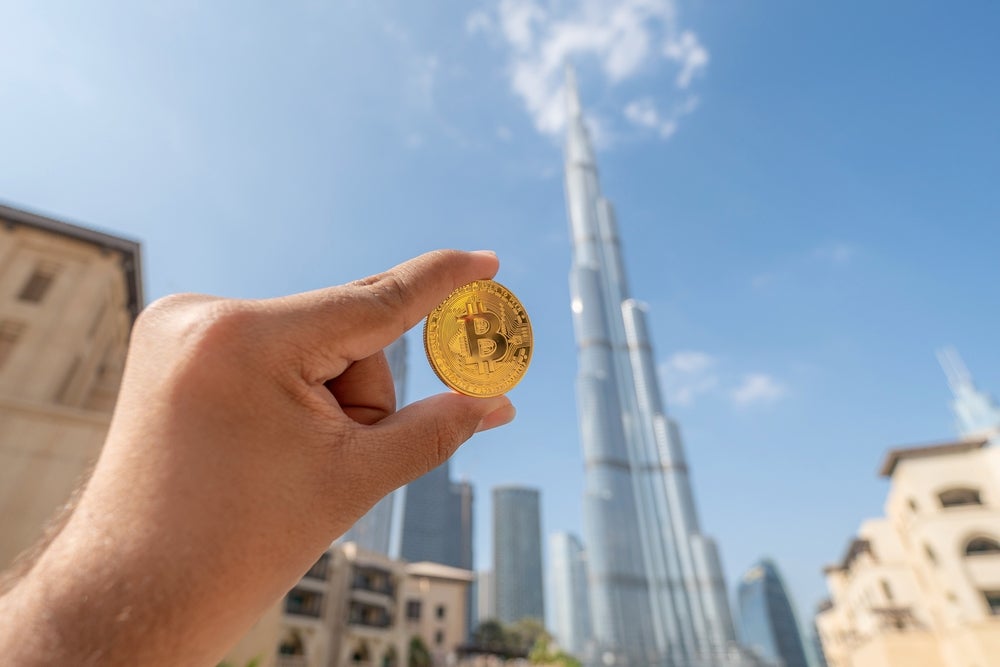
Dubai Land Department has formalised an agreement with global cryptocurrency firm Crypto. com to establish a blockchain‑driven ecosystem enabling property purchases and sales using digital currencies. The memorandum of cooperation, signed on 6 July, aims to streamline investor verification, custody and settlement processes while advancing real estate tokenisation—supporting the emirate’s Real Estate Strategy 2033 and its AED 1 trillion transaction goal.
At the heart of the partnership is the creation of a secure digital environment where investors can trade tokenised real estate assets. The initiative addresses liquidity constraints by allowing fractional ownership and simplified settlement, driven by blockchain’s traceability. The DLD will oversee regulatory compliance, administrative logistics and pilot implementation, while Crypto. com will supply the technical solutions, advisory services, and legal documentation necessary to support the ecosystem.
Dubai’s ambitions extend beyond traditional real estate frameworks. In May, the emirate launched ‘Prypco Mint’, the MENA region’s first licensed tokenised real estate platform. This pilot allows UAE residents to invest in fractional property ownership through tokens, with transactions settled in dirhams. Collaborators on that front include the Virtual Assets Regulatory Authority, the Central Bank, Dubai Future Foundation and Zand Digital Bank. The platform recorded over 3,000 expressions of interest and aims to scale globally, targeting 7 per cent of Dubai’s property market by 2033—an estimated AED 60 billion scope.
These parallel developments reflect Dubai’s strategic trajectory. Regulatory authorities, including VARA, have updated frameworks to accommodate real-world asset tokenisation, enabling secondary market trading for tokenised property assets. This aligns with broader fiscal agendas, such as the Dubai Economic Agenda D33 and its push for financial innovation and sustainable growth. The tokenisation model dovetails with the Digital Real Estate Strategy 2033, which strives to establish a knowledge-driven, sustainable ecosystem and elevate the emirate into a leading global tech‑real estate nexus.
Dubai’s use of blockchain has been expanding steadily. In January, DAMAC Group partnered with blockchain platform MANTRA to tokenise assets exceeding $1 billion, signalling developer-level adoption of tokenised real-world asset models. Moreover, since 2017, DLD has maintained a blockchain-based registry for property contracts, leases and utility links, evidencing a long‑term policy shift towards digital infrastructure.
Industry analysts highlight tokenisation’s potential to democratise real estate investment by lowering entry thresholds and enhancing accessibility. Experts from institutions like McKinsey, Boston Consulting Group and Ripple forecast exponential growth in tokenised asset markets in the coming decade. The integration of Crypto. com’s technology will further reinforce investor confidence by embedding robust custody, verification processes and compliance layers within the transaction lifecycle.
Market participants are responding positively. In April, Trump Organisation’s executive vice‑president Eric Trump confirmed that its $1 billion Dubai Tower project will accept Bitcoin and other cryptocurrencies. That endorsement illustrates how major developers are increasingly aligning with Dubai’s fintech trajectory. Combined with the government move to permit digital‑currency payment for public service fees, the emirate is crafting a comprehensive crypto‑parallel economy.
Despite the momentum, challenges lie ahead. Regulatory coherence remains critical, especially as tokenisation pushes into international investor markets. Maintaining alignment among entities like DLD, VARA, the Central Bank and future regulators will be essential. Ensuring security against cyber threats and fraud, while keeping tokens legally enforceable as property rights, will test institutional resilience. Additionally, integrating on‑chain records with off‑chain legal documentation poses operational complexities.
Nevertheless, Dubai appears poised to lead a global shift. By embedding blockchain‑based real estate transactions at both governmental and private levels, the emirate is opening market participation to a broader class of investors. Crypto. com’s involvement signals increased legitimacy for digital currencies as settlement instruments in real asset markets.




